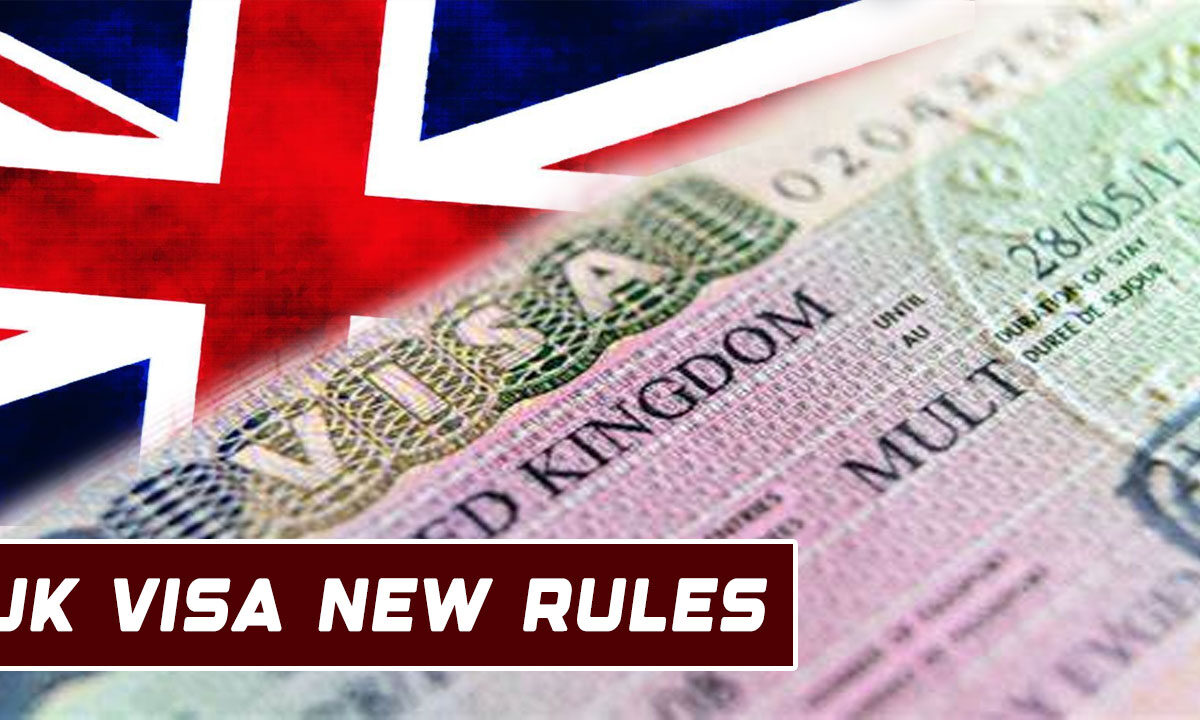UK’s Tightened Visa Rules Set to Impact Indian, Especially Telugu, Students
In a move that could severely affect Indian students—particularly from Telugu-speaking states—the UK government has introduced stricter visa regulations for international students.

In a move that could severely affect Indian students—particularly from Telugu-speaking states—the UK government has introduced stricter visa regulations for international students. Among the key changes is the reduction of the Graduate Route post-study visa duration from 24 months to 18 months, limiting the time graduates can stay and work in the UK after completing their education.
Table of Contents
Stricter Eligibility for Skilled Worker Visas
Under the new rules, only those with Regulated Qualifications Framework (RQF) Level 6 and above (graduate degrees and higher) are eligible for skilled worker visas. Earlier, students could apply for jobs requiring RQF Level 3 qualifications, such as care work and other mid-skilled roles. This change drastically narrows job prospects for international students after graduation.
Also Read: US and Saudi Arabia Finalize Record $142 Billion Arms Agreement After Trump’s Riyadh Trip
Rising Salary Threshold and Social Care Visa Ban
The salary requirement for obtaining a skilled worker visa has also been increased, making it harder for employers to recruit international graduates. Moreover, the UK has temporarily suspended new overseas applications for social care visas. Existing workers in the UK may still apply for extensions or switch visas until a new workforce policy is rolled out by 2028.
Student Visa Numbers Already on the Decline
These changes come amid an existing decline in Indian student admissions. According to the UK Home Office, the number of sponsored student visas issued to Indian nationals dropped from 1,20,000 in 2023 to 88,732 in 2024—a steep 26% fall. The trend is expected to worsen under the new immigration norms.
Indian Students Looking Elsewhere
Ajaya Kumar Vemulapati, Director of IMFS, confirmed the shift, stating, “There is already a drop in the number of students going to the UK, Canada, and US due to tighter immigration norms. Now, students are increasingly choosing alternatives like New Zealand, Australia, Ireland, and Germany for higher education.”
New English Language Criteria and Tuition Tax in Pipeline
Adding to the challenges, the UK will now require both applicants and their dependents to meet stricter English language criteria for immigration. There are also reports that the UK government is planning to impose a 6% tax on tuition fee income from international students. If implemented, this tax could significantly increase the cost of studying in the UK, as universities may pass the burden onto overseas students.
These developments are likely to have a significant impact on students from Telangana and Andhra Pradesh, who have historically viewed the UK as a top destination for higher education and migration.
